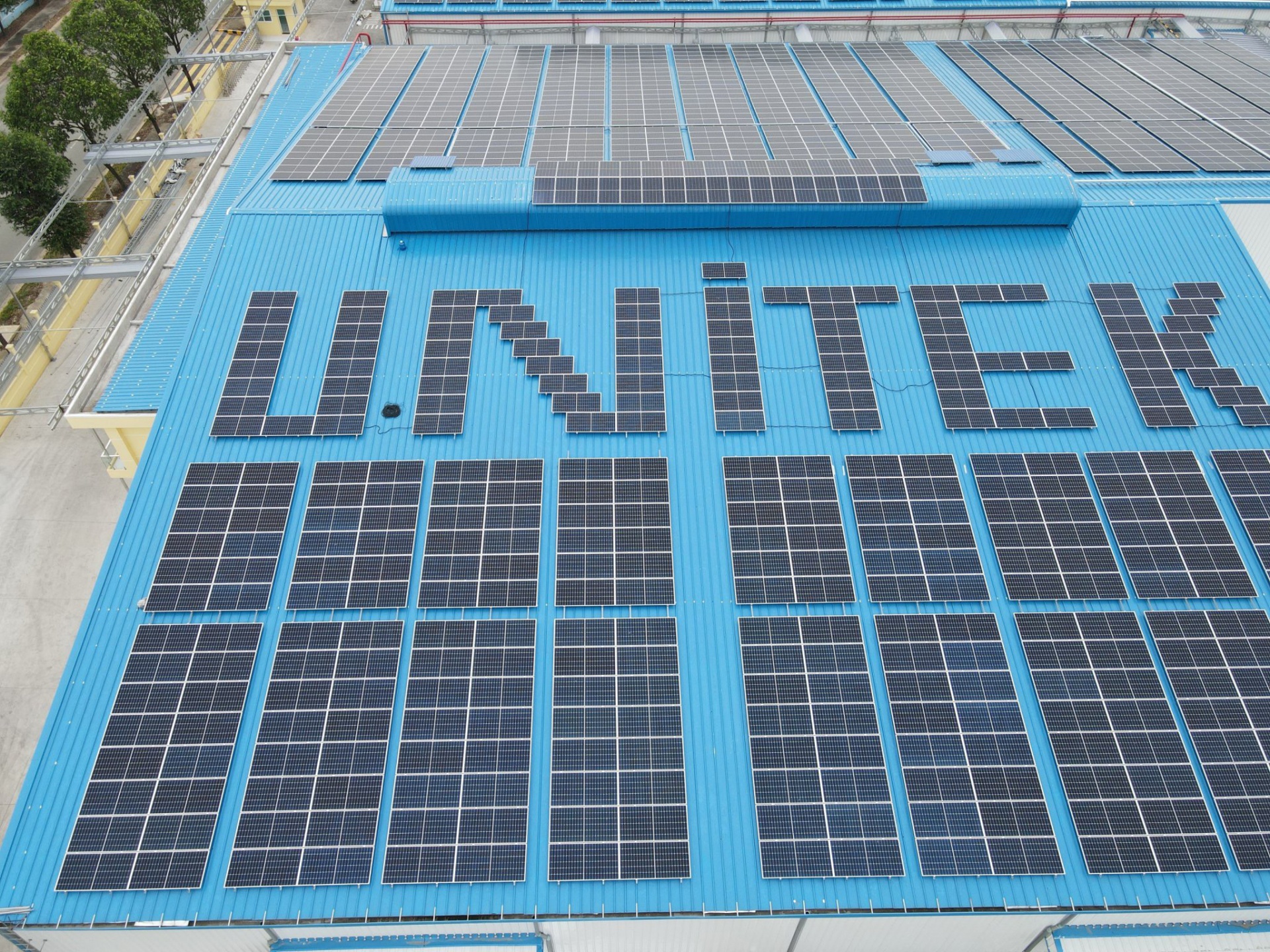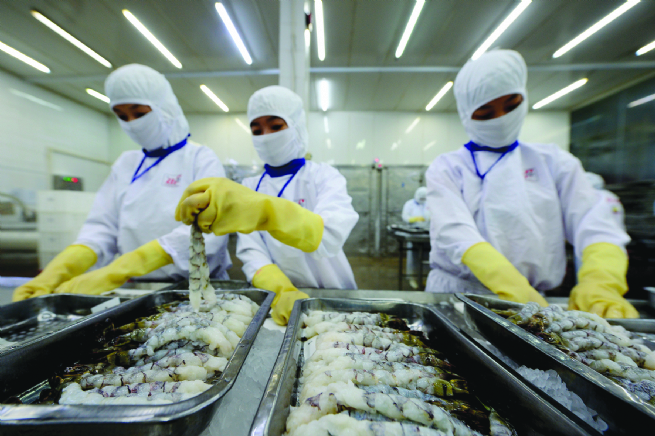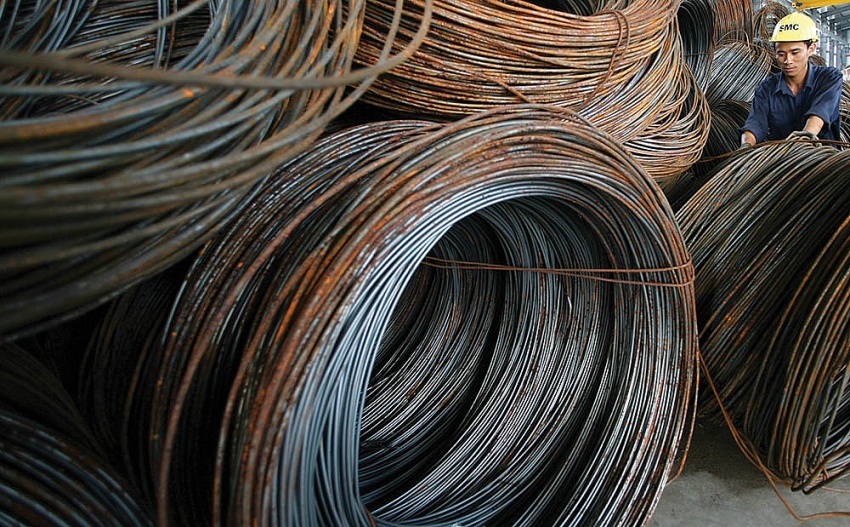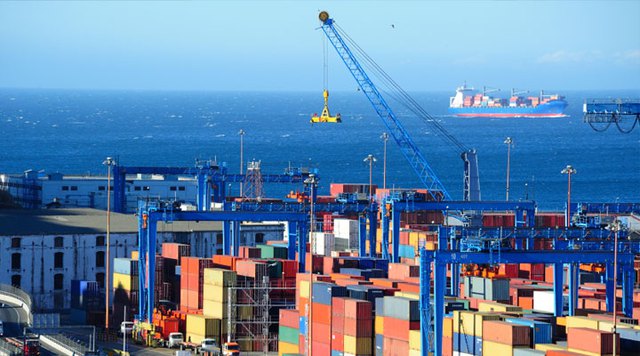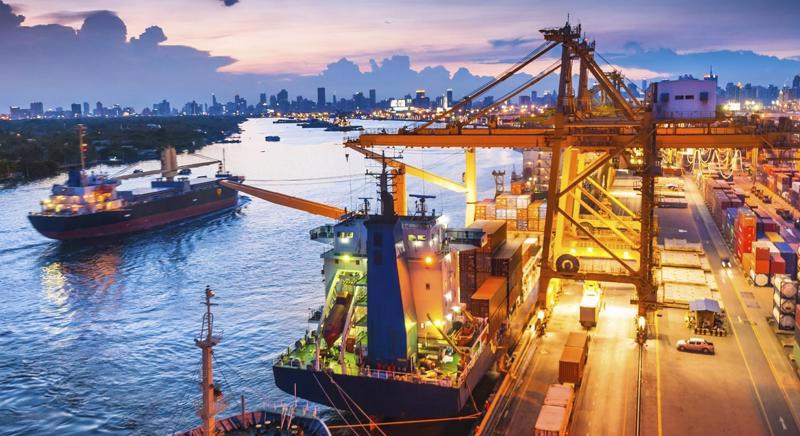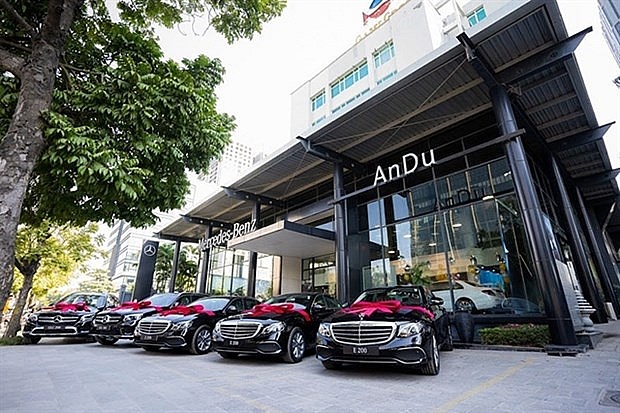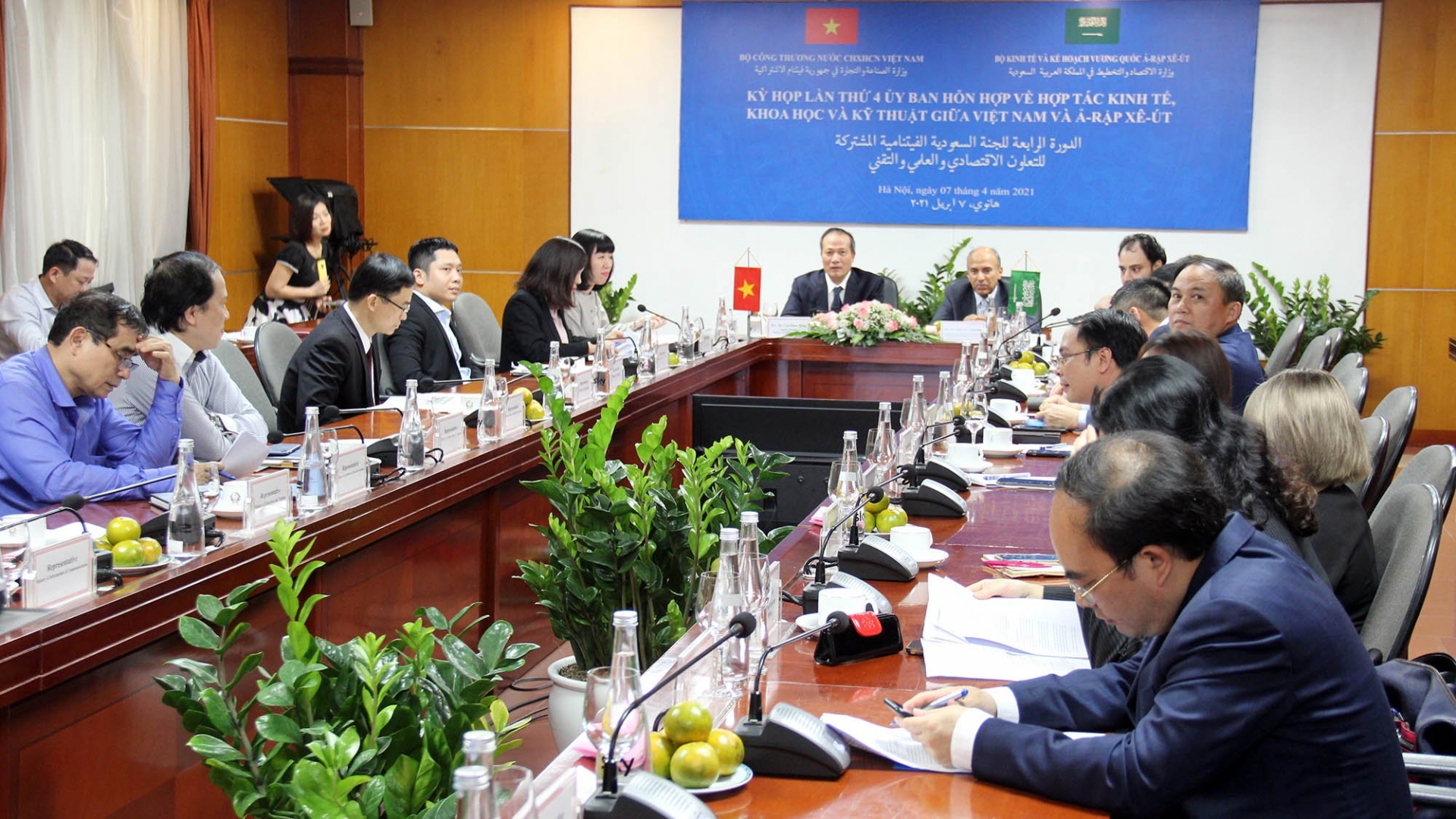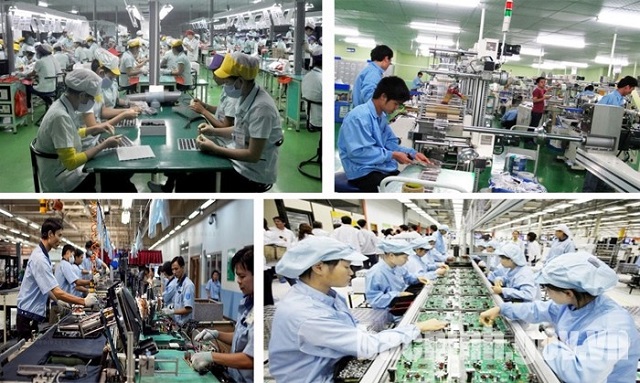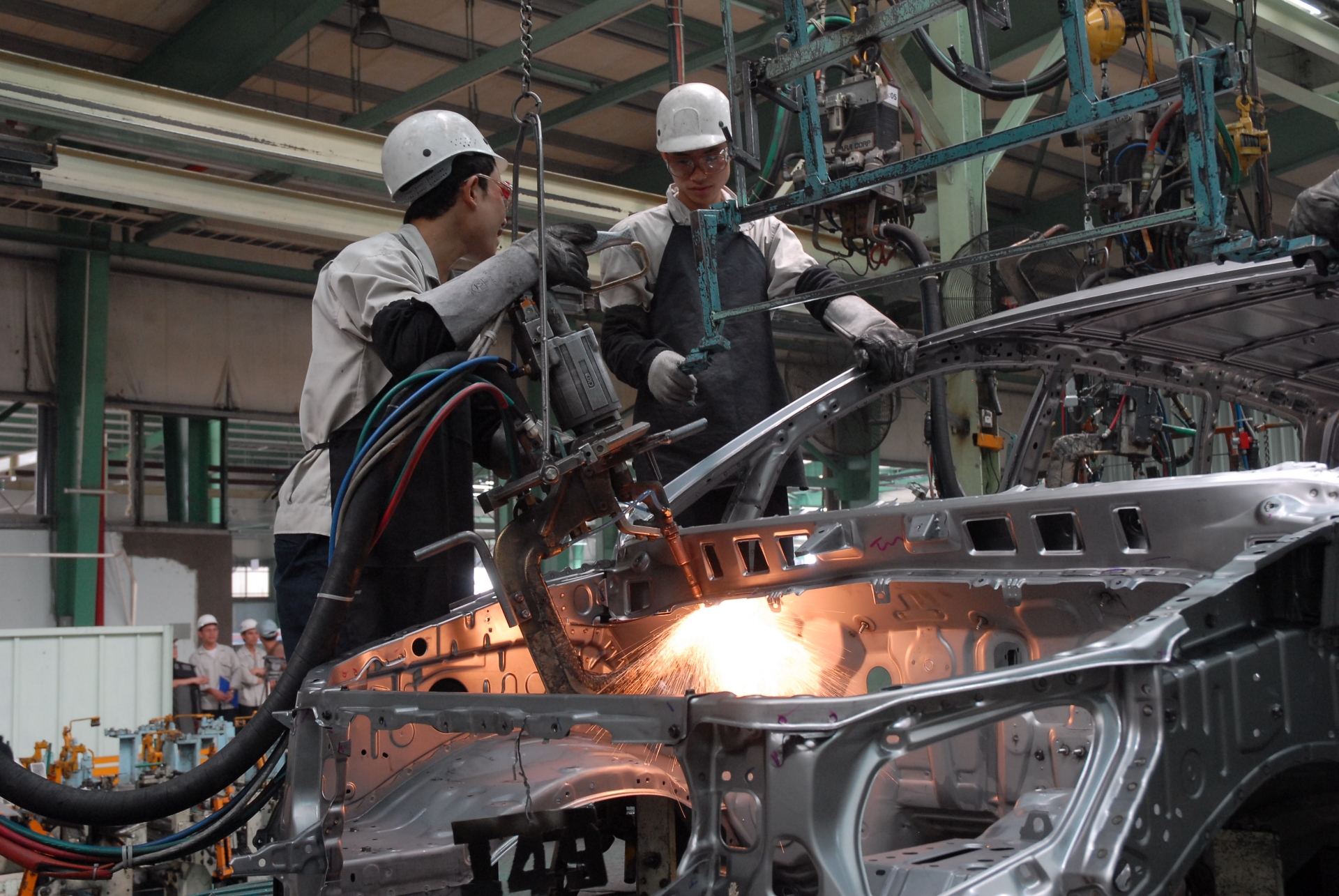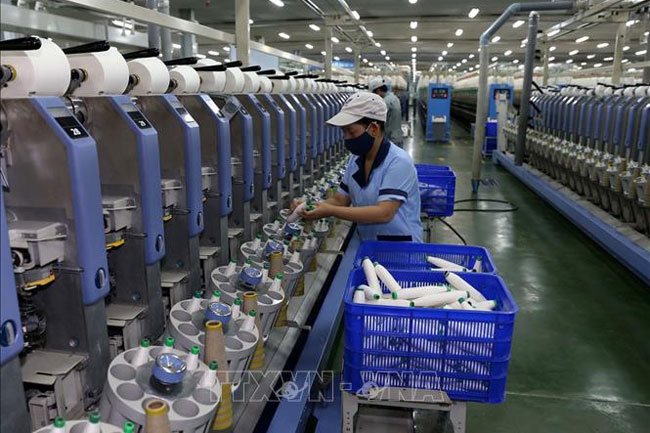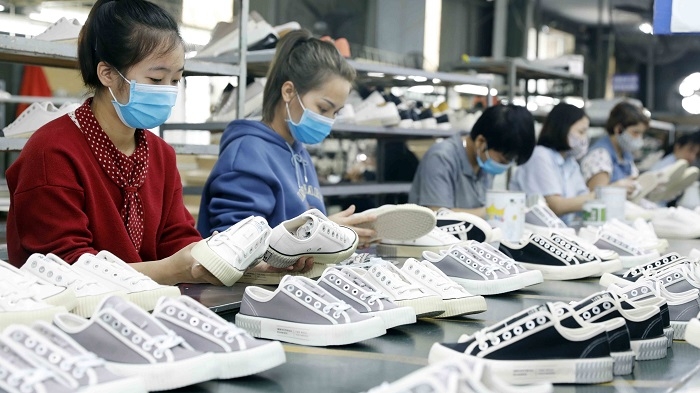Expertise apparent in New Zealand’s food and beverage status
The attractiveness of Vietnam’s food and beverage ingredient supply has opened up long-term development prospects for experienced businesses, especially from New Zealand.
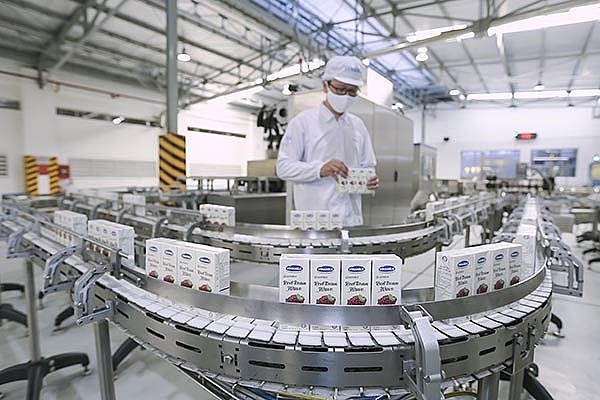
A representative of Anchor Food Professionals (AFP), a dairy brand familiar to Vietnamese consumers, stated that AFP considers Vietnam a key market and will continue to seek opportunities to expand its business here. Currently, this brand supplies over 3,000 food and beverage (F&B) outlets across the country.
“We would like to encourage Vietnamese businesses to use our high-quality ingredients for their businesses,” said the AFP representative. “In addition, we will continue to strive and educate people to add dairy to their daily cooking and diversify meals that are nutritiously delicious to their families.”
AFP is an ecosystem brand of Fonterra, one of the largest dairy manufacturers in the world, originating in New Zealand. Fonterra has been supplying the Vietnamese market for over 30 years and is a major supplier of dairy ingredients to key Vietnamese F&B manufacturers. Fonterra’s business in Vietnam employs nearly 1000 people, focusing on ingredients, consumer, and food service products.
The AFP representative acknowledged that the market has ample room for development and increasing demand for quality products – key reasons why AFP and Fonterra in general decided to expand their influence in Vietnam.
“The demand for dairy products in Vietnam is increasing, with the nation’s middle class expected to grow to 50 per cent of the population by 2035, equivalent to 36 million consumers. Meanwhile, Vietnam’s domestic dairy production only meets 60 per cent of domestic demand,” said the AFP representative.
Vietnam is New Zealand’s seventh-largest dairy export market by value and its products account for approximately 40 per cent of total dairy imports in Vietnam, according to internal Fonterra data.
Besides dairy products, a number of other beverage brands from New Zealand also appreciate the development opportunities and rich potential of the Vietnamese market for their business.
SHOTT Beverages, a premium fruit concentrate and coffee syrup manufacturer, said it will focus more on branding and innovation to meet changing local needs.
“Vietnam is a strong supplier of global F&B ingredients and its positioning is getting stronger with better quality as it builds up experiences in the global market,” said Sun-Byung Jee, business manager for Asia at SHOTT.
“Since 2016, we have been developing and executing annual strategic business plans, including branding with local business distributors. That’s why our business in Vietnam has sharply grown each year,” Jee shared.
A report by iPOS.vn published in January said that, after an impressive rebound in 2022, the F&B industry in Vietnam is poised to achieve “sustainable growth” and the market is predicted to top $40 billion by 2026. High earners constitute a significant part of the market and have high curiosity and aspirations for new experiences, with a focus on wellness.
According to Mordor Intelligence, F&B currently accounts for the highest proportion in the monthly spending structure of Vietnamese consumers, at 35 per cent. This demand for high-quality and sustainable products is expected to drive the growth of the industry.
At the Flavours Vietnam event in early March, Ambassador to Vietnam Tredene Cherie Dobson said New Zealand’s collaboration with Vietnam in the F&B sector has been successful thus far.
“The total trade value between the two countries exceeded NZD2.39 billion ($1.5 billion) in the year ending June 2022. In New Zealand’s commitment to sustainable development, we are a reliable and responsible source of high-quality ingredients for the Vietnamese food service industry,” Dobson said.
Meanwhile, a number of F&B businesses from other countries are also excited to come to make a mark in Vietnam. Last November, Japanese dairy manufacturer Morinaga Milk officially launched fat-free yogurt and nutritional drinks for middle-aged and elderly people in Vietnam. The company has also built a factory in the north of the country to facilitate product development.
Morinaga uses plenty of different materials for its products and volume is based on sales demand every month. “There are also some criteria for choosing a supplier such as quality, delivery capability, and price. We develop and implement procedures to evaluate suppliers and approve them before deciding to buy, and all materials and suppliers must be approved,” said Morinaga Vietnam’s marketing director Yoshinobu Matsumoto.
The journey is not all plain sailing, however, and Morinaga has faced issues stemming from the increase in input material prices. Unable to absorb cost increases through its efforts, the company implemented a price revision for its yogurt in February, Morinaga explained.

